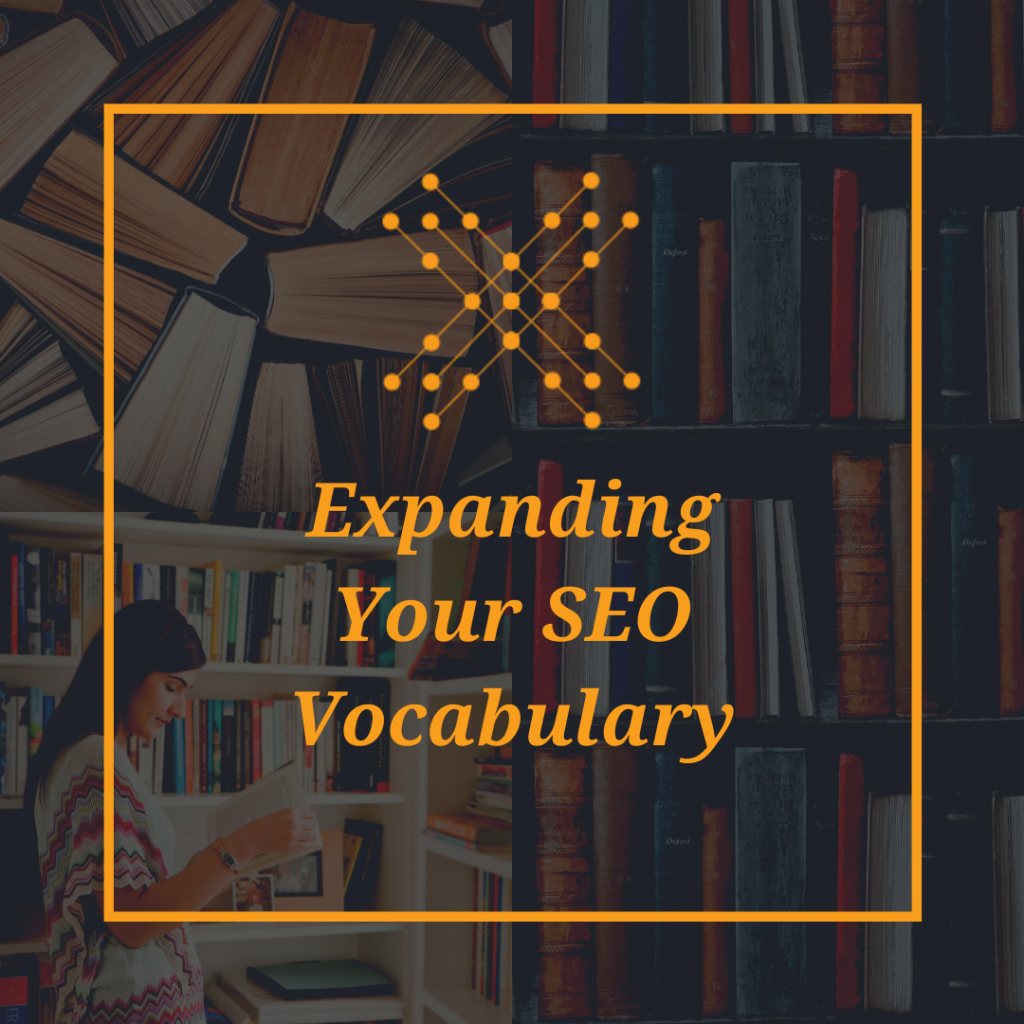


The world of online marketing can be extremely intimidating to those without much experience in the field. Optimizing your online presence to rank in search engines can sometimes feel like guesswork, and with so many industry terms to keep track of, it can quickly become overwhelming.
In this post, we hope to give you some clarity by defining some of the common terminologies that come up in the field of search engine optimization.
An algorithm is a formula that uses calculations or other operations to solve problems and present information. In the case of SEO, this refers to all the factors a search engine considers when delivering results on a search term and determines a website’s ranking.
These are a direct link from one website to another. These will often involve a high-ranking website linking back to a lower-ranking one as a vote of confidence to help boost its placement in search results.
Also known as “business listings”, these are entries of your business details in online databases. Having a number of consistent and credible citations across the web can place a significant role in how well your business ranks locally.
Also known as “blacklisting”, this is when your website is pulled from the search engine index and can no longer be found in search results. It can arise for a number of reasons, such as a violation of Google’s quality guidelines.
This is when a search engine stores and organizes the information it pulls from your website. This is how your business is cataloged and determines whether you will be recommended for a particular search.
These are specific terms that are put throughout the content on your website to coincide with common search terms for your industry. These words or phrases are typically designed around what someone who is looking for your services will type into the search bar.
This is how your business ranks locally to people doing searches around your physical location. This type of marketing is important for companies that wish to attract customers within their vicinity (as opposed to nationally or globally). Search engines want to give users the most relevant results to their queries, and proximity is becoming an increasingly important factor in this.
This involves the gradual establishment of your business’ online presence by following methods that adhere to search engine parameters. This is typically a slower process than paid advertisements but results in a solid and enduring online footprint when done correctly.
This is a form of digital marketing that involves paying a search engine to place an ad for your business at the top of the page after a related search. You will be charged a fee every time a user clicks the link and visits your website. This is an effective way of boosting your ranking quickly but will disappear once you stop paying.
Also known as a search engine results page, this is the ordered list of websites that populate after making an online search.
We hope this glossary provided some valuable insight into the intricate world of online marketing. That being said, SEO is a complex and ever-changing field, so it is important to stay on top of industry shifts and developments. It also helps to have an industry expert guide you through establishing and growing your online presence.
If you are looking for a professional marketing company to assist with your search engine optimization, consider one of the website and SEO packages from LinkNow Media. We have a dedicated staff of SEO experts who will help take your online footprint to the next level. Leave us a comment below with your email address or contact us at 1-888-667-7186 to find out more about how we can assist you.
Share: